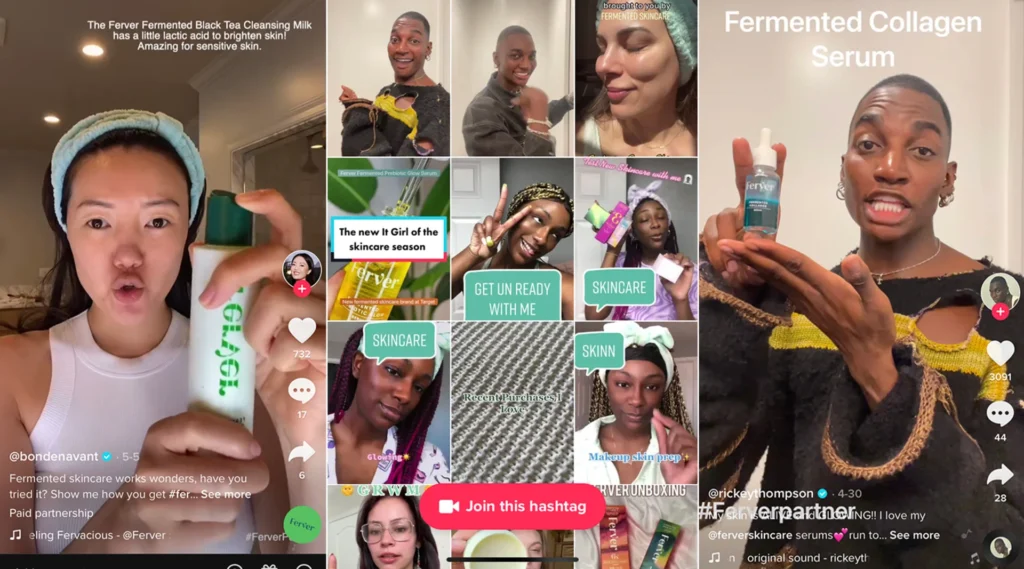Why We Feel Invested in Influencers’ Lives: The Psychology of Parasocial Bonds
Have you ever noticed how quickly we form opinions about a celebrity’s relationship, an influencer’s post, or even a fictional character’s choices? Strangely, we often care about their personal lives with an intensity we don’t always show toward people around us. Psychology calls this a parasocial relationship—a one-sided emotional connection where we feel close to someone who doesn’t actually know us.
Take the recent controversy around Apoorva Mukhija, popularly known as Rebel Kid. Within hours of a fallout going public, the internet was flooded with people defending, criticizing, or analyzing her life. Many who have never met her in person felt compelled to take sides.
This is a classic example of parasocial bonds in action: because influencers share snippets of their daily lives, our brains treat them almost like friends. When something happens, we react emotionally and socially—commenting, debating, forming judgments—as though we’re directly involved.

The Psychology Behind It
Illusion of Intimacy: Seeing someone’s daily routines, thoughts, and vulnerabilities online tricks our brain into thinking we “know” them.
Social Substitution: Parasocial connections mimic real social interactions, giving comfort, companionship, or inspiration.
Identity & Projection: We project our values and emotions onto them, which is why controversies feel personal—our self feels invested in their story.
Cognitive Shortcuts: The human brain loves quick judgments. When it feels like we already know someone, it fills in the gaps, forming opinions almost instantly.
Parasocial relationships are not inherently bad. They can:
Provide role models and sources of inspiration.
Offer comfort (like rewatching a favorite character in tough times).
Strengthen community through shared fandoms.
But they also remind us how easily opinions can be shaped about people we’ve never truly met. Recognizing this helps us step back and ask: Am I responding to the person, or to the persona I’ve constructed in my mind?
TAKEAWAY
The Rebel Kid controversy is just one of many examples showing how fast we leap into judgment. It’s not about her specifically—it’s about us. Parasocial relationships reveal how deeply wired we are for connection, even if it’s one-sided. And perhaps, the next time we find ourselves passionately debating an influencer’s choices, it’s worth pausing to remember: we’re engaging more with a story in our heads than with the full reality of their life.
Found this helpful? Subscribe below for more



